
Photo by Mahir Uysal on Unsplash
If you want to know more about REF2021, the Research Excellence Framework website includes a number of frequently asked questions (FAQs), which might be useful if you have any queries about your own submission.
In the meantime, here is a selection of some relating to Environment.
Environment
Are the qualifying dates for doctoral completions the same as the dates for income?
Yes. Data about research income and research doctoral degrees awarded must fall within the assessment period: 1 August 2013 to 31 July 2020.
What kinds of data can institutions provide in the environment statement? Can they include TEF and/or KEF data?
Institutions can provide any data that they consider appropriate as evidence for claims made in the statement. A working group of the Forum for Responsible Research Metrics was established to consider the types of data that institutions might select to include, and the group provided guidance to the panels.
Some institutions might choose to merge smaller units or redistribute staff – will there be space in the environment statement to explain these decisions?
As in REF2014, the environment template includes a section for submitting units to outline the ‘unit context and structure, research and impact strategy’, including how research is structured across the unit. The panels have set out their expectations for the environment statement in Part 3, Section 5 of the REF Panel Criteria and Working Methods.
How will the panels use the new institutional-level statement in their assessment of the environment?
The sub-panels will use the information provided in the institutional-level statement to inform and contextualise their assessment of the relevant sections of the unit-level template. The institutional-level statement will not be separately assessed or separately scored by the sub-panels.
Are institutions able to include quantitative indicators in their environment statements that were ruled out by the Forum for Responsible Research Metrics?
Yes. The examples provided by the Forum are not intended to be prescriptive, or exhaustive. When including indicators, institutions should follow the eight principles set out in Annex A of the Forum’s guidance.
Want to know more?
For more information about Environment, see Part 3, Section 4 of the REF Guidance on Submissions and Part 3, Section 5 of the REF Panel Criteria and Working Methods.
Also, have a look at our other BU REF Week blog posts.




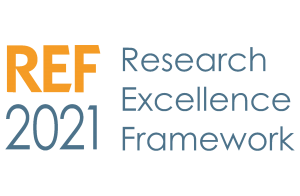 Research England have this morning published the final guidance for REF 2021 submission. The following documents:
Research England have this morning published the final guidance for REF 2021 submission. The following documents:





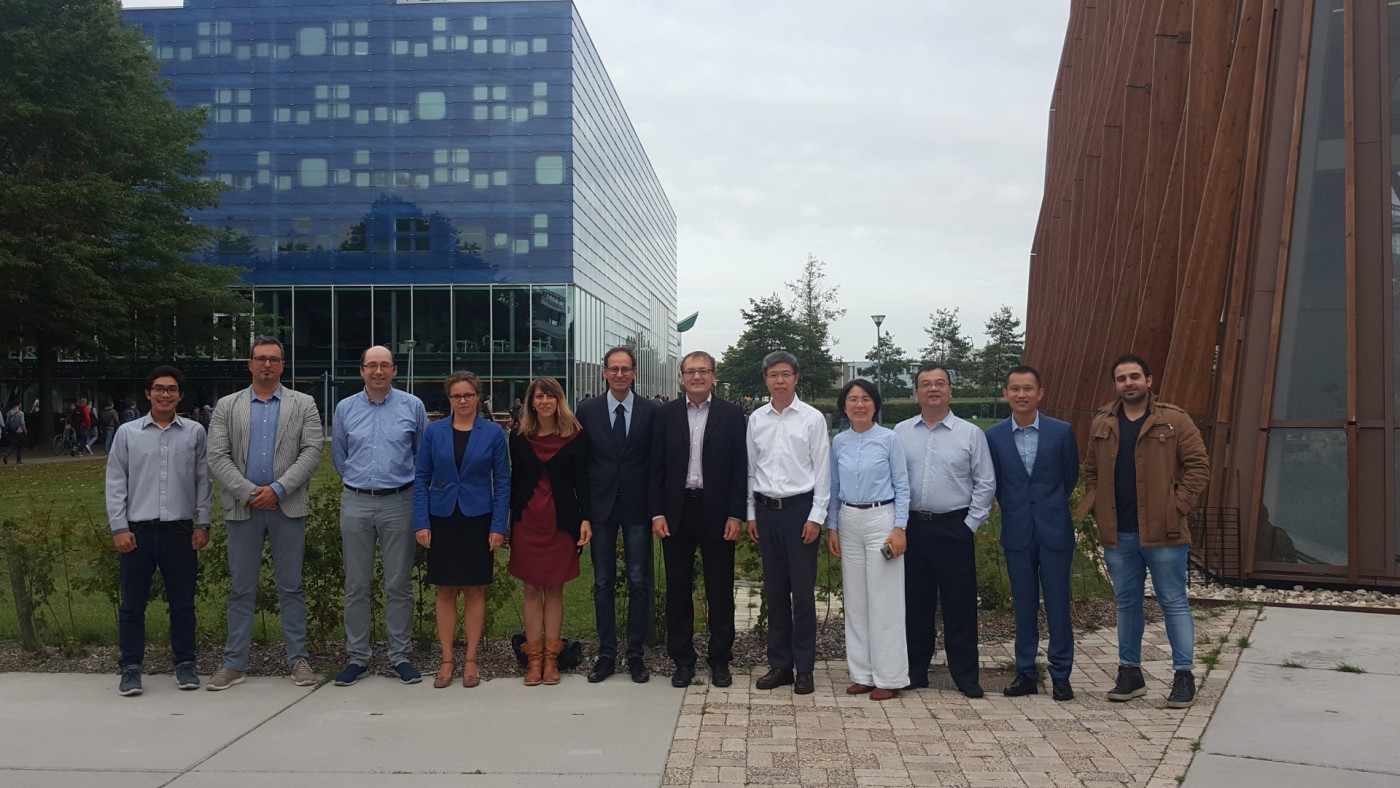
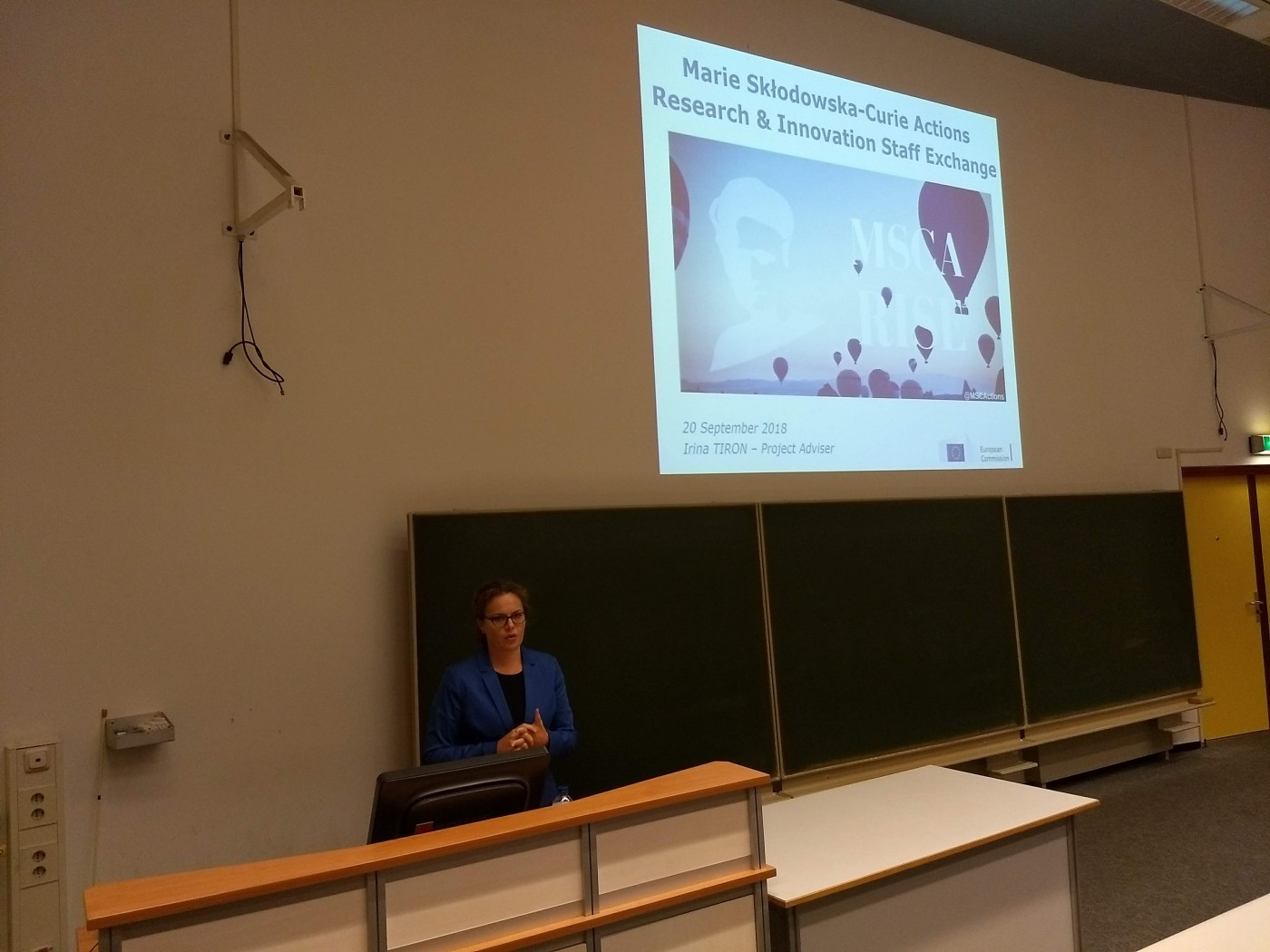
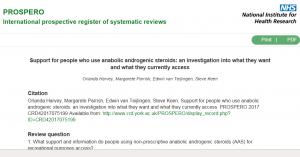
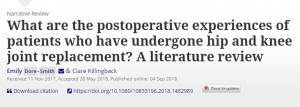
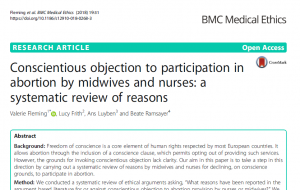











 From Sustainable Research to Sustainable Research Lives: Reflections from the SPROUT Network Event
From Sustainable Research to Sustainable Research Lives: Reflections from the SPROUT Network Event REF Code of Practice consultation is open!
REF Code of Practice consultation is open! BU Leads AI-Driven Work Package in EU Horizon SUSHEAS Project
BU Leads AI-Driven Work Package in EU Horizon SUSHEAS Project ECR Funding Open Call: Research Culture & Community Grant – Apply now
ECR Funding Open Call: Research Culture & Community Grant – Apply now ECR Funding Open Call: Research Culture & Community Grant – Application Deadline Friday 12 December
ECR Funding Open Call: Research Culture & Community Grant – Application Deadline Friday 12 December MSCA Postdoctoral Fellowships 2025 Call
MSCA Postdoctoral Fellowships 2025 Call ERC Advanced Grant 2025 Webinar
ERC Advanced Grant 2025 Webinar Update on UKRO services
Update on UKRO services European research project exploring use of ‘virtual twins’ to better manage metabolic associated fatty liver disease
European research project exploring use of ‘virtual twins’ to better manage metabolic associated fatty liver disease